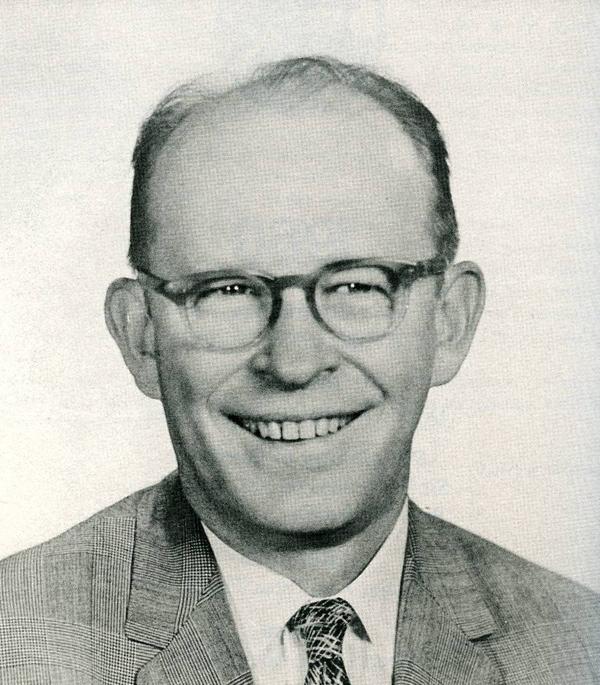Willard Frank Libby was an American physical chemist known for his contribution in development of radiocarbon dating process.

Early life
Willard Frank Libby was born on December 17th, 1908 in Grand Valley, Colorado. Willard was a son to Ora Edward Libby and his wife Eva May.
Education
Willard Libby attended grammar school near Sebastopol, California after which he attended Analy High School in the same town. In 1927 Willard moved to study at University of California at Berkley where he received his B.Sc in 1931, and Ph.D in 1933.
Achievements
Willard Libby is best known for leading a team that discovered the carbon dating technique. This technique is based on the fact that carbon in living organisms can be found in different forms. There are two carbon forms that are important for the process of carbon dating: stable isotope 12C and an unstable isotope 14C. When death occurs in living organisms, there is a ratio of 12C to 14C which decreases at a regular rate due to postmortem decay of 14C isotope.
The measurement of 14C decay provides an indication of the age of any carbon-based material up to about 58000 to 62000 years. In 1960 Willard Libby was awarded a Nobel Prize in Chemistry for his achievements regarding carbon dating.
Later life
In 1959, Willard Libby became a Professor of Chemistry at University of California, Los Angeles where he remained until his retirement in 1976.In 1940 he married Leonor Hickey, by whom he had twin daughters, but later divorced her only to marry Leona Woods Marshall, a colleague professor of environmental engineering at UCLA in 1966. Willard Libby died on September 8th, 1980 in Los Angeles, California.
Willard Libby quotes
“Most achievements in science are to a certain degree group efforts.”
“The future of the world, dependent as it is upon atomic energy, requires more understanding and knowledge about the atom.”
